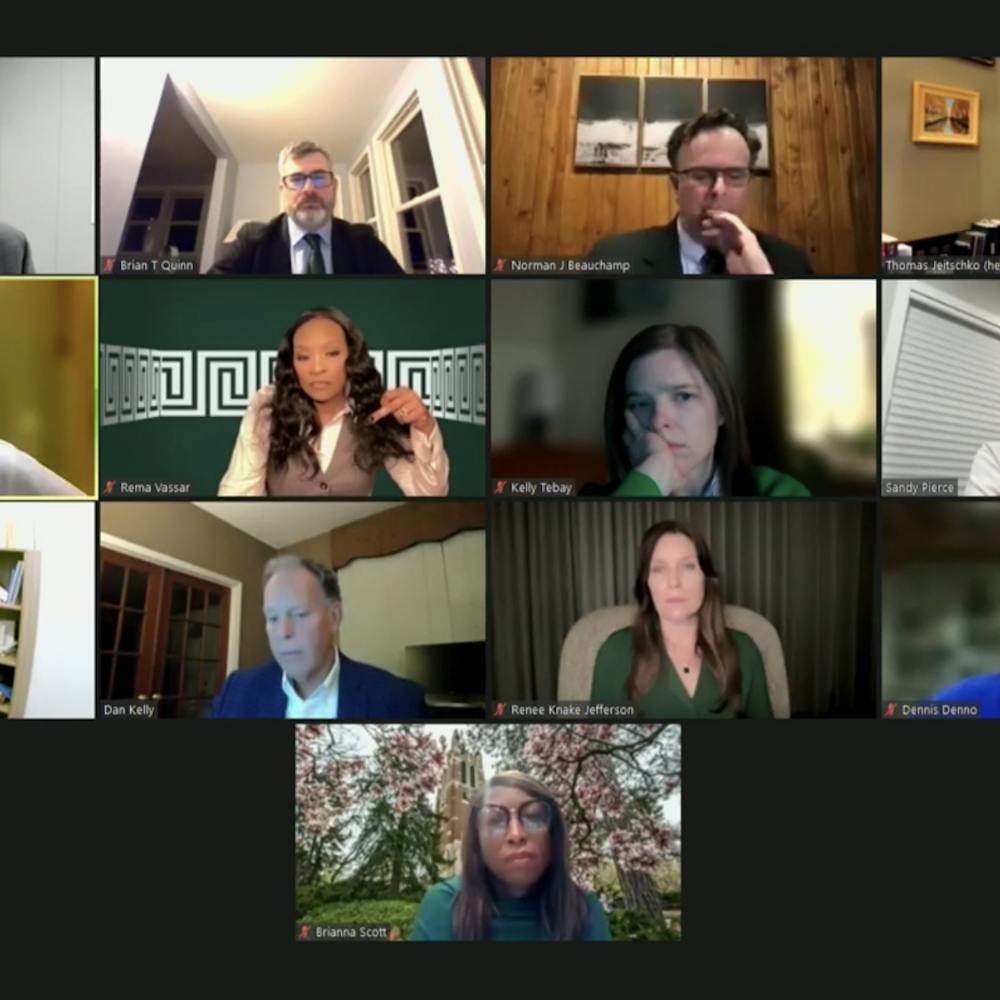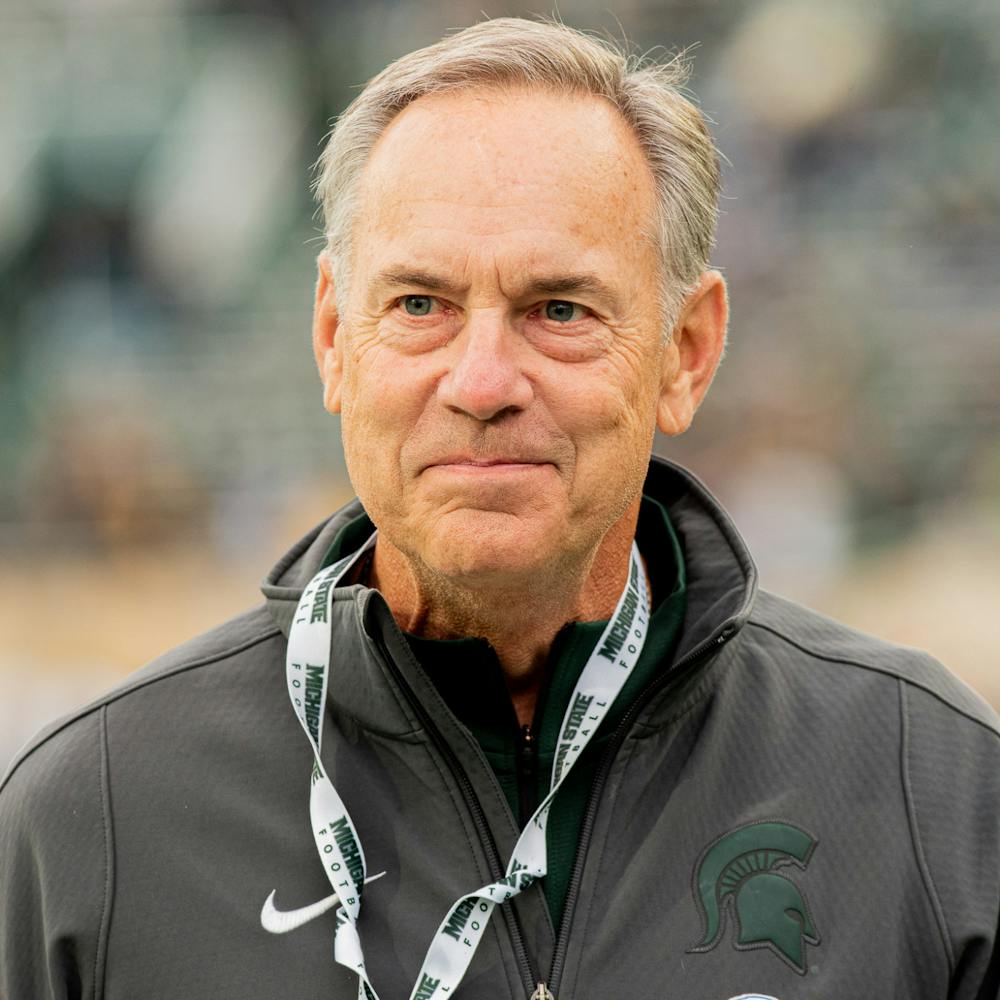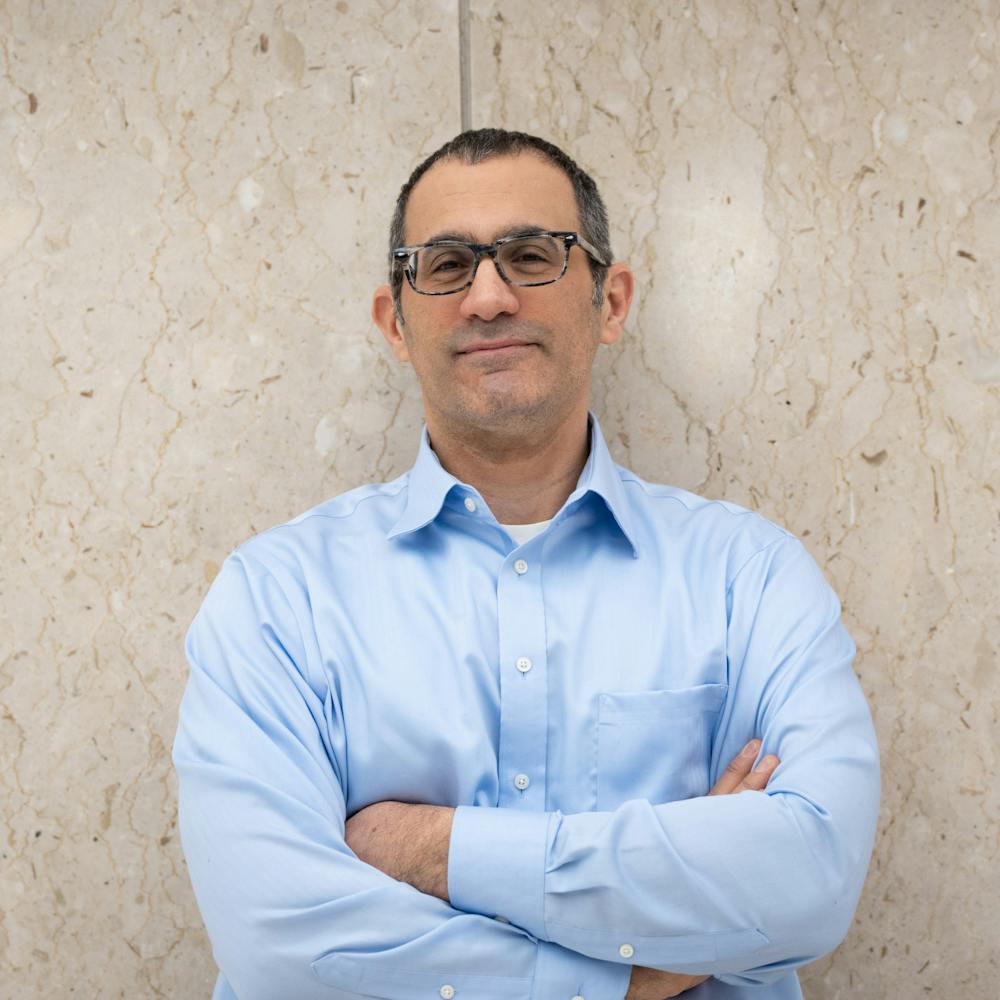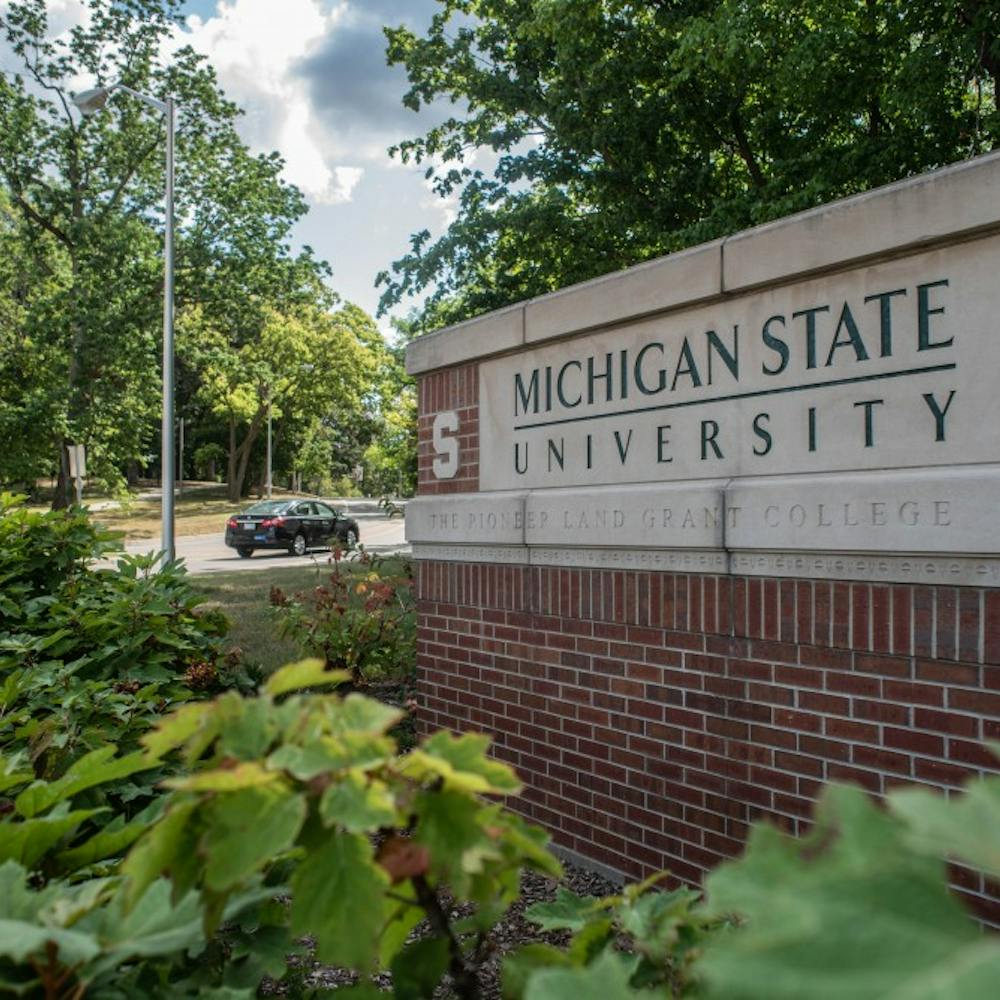If it sounds too good to be true, it probably is.
How many times has the truth of this cliché prevented you from following the latest lose-50-pounds-in-a-day diet or joining one of the 300-CDs-for-a-penny music clubs?
Today’s college students are a cynical bunch. We read between the lines of advertisements, we don’t fall for infomercials and we don’t believe tabloid gossip.
My hope is that college students - and the American public in general - will use this same skepticism to avoid making a mistake this November when they have to make a decision about the school voucher proposal, Proposal 1.
While many college students have heard something about vouchers, many of them are not that interested because they think that vouchers will not affect them. We are at an in-between age: While most of us do not have children in school, we have left our K-12 days behind.
But a very important principle lurks behind this issue. If the voucher proposal passes in November, education in Michigan will be sent down a new road, a road I do not want to travel.
Under the current system, public schools receive a certain stipend for each student enrolled. Under the voucher program, people could use this stipend toward the tuition of a nonpublic school of their choice. Through Michigan law, students enrolled in school districts with a graduation rate of less than 66 percent could use these “opportunity scholarships” of about $3,300 to go to a better school.
Does it sound too good to be true? You’re right. There’s not just one catch, there’s several.
For starters, these “high-quality” private schools do not have to accept these students. They can deny them access to their schools for any reason they choose - race, sex, or religion. If these students truly receive an inadequate education at their public school, a private school may decide they are not smart enough for admission. These schools also are not required to keep these children if they are not keeping up or fitting in.
Even if a student is accepted into a higher-quality private school, the stipend that would follow students to that school would probably not cover the entire cost of its expensive tuition. The very students who are supposed to benefit from vouchers - students from poorer backgrounds - might not even be able to take advantage of them.
These schools are also not required to provide transportation to and from school. Again, this limits the number of children who would be positively affected by vouchers.
The students that are most likely to be affected by vouchers are those already enrolled in these private institutions. In fact, the parents of these students are some of the biggest supporters of vouchers, and I can bet the main reason they are doing so is not so their schools can be more diverse.
Another final catch? Oh, it’s called the Constitution. Upon the passage of this proposal, your tax dollars could be going to schools that may teach religious values that you do not support. Vouchers are an obvious violation of the separation of church and state.
Both Michigan and California are voting on so-called voucher proposals, each of them unique. But this is no longer a state issue, as presidential candidates Vice President Al Gore and Texas Gov. George W. Bush have taken sides.
Gore has said he is adamantly opposed to vouchers, while Bush thinks vouchers are the key to narrowing the achievement gap between the rich and the poor. While Bush’s plan is very different from what Michigan voters will be deciding on, it still has the same disturbing ring to it.
While voucher initiatives aim to help bridge the gap between the education of minority and non-minority students, giving up on public education will only broaden it.
Even if some students can use vouchers to receive a better education, what about the students who are left behind? Why aren’t we working to improve inadequate school districts instead of saving a select few students from their inadequacy?
Even if you don’t have children, this issue should matter to you. We pride ourselves on living in a nation where, through hard work and education, everyone can become successful and happy. When quality education is not available to everyone, as it obviously isn’t, equal opportunity is nonexistent.
Every child in this country is entitled to the same quality of education. Both the proponents and opponents of vouchers agree on this. Unlike voucher supporters, though, I do not want to have to send my child to a Catholic school so they can receive the education they deserve, when I am not Catholic. I do not want my tax dollars to go to a school that might accept a white child but not a black child.
The commercials for Proposal 1 proclaim that it would mandate teacher testing, and who doesn’t agree that those instructing our students should be the best and brightest? But if the rest of this proposal is so great, why aren’t its proponents telling the public about the points I just mentioned?
At first glance, vouchers look like the perfect solution. But the promises the proposal is supposed to bring just aren’t true.
Jessi Phillips, State News opinion writer, can be reached at phill241@msu.edu.






